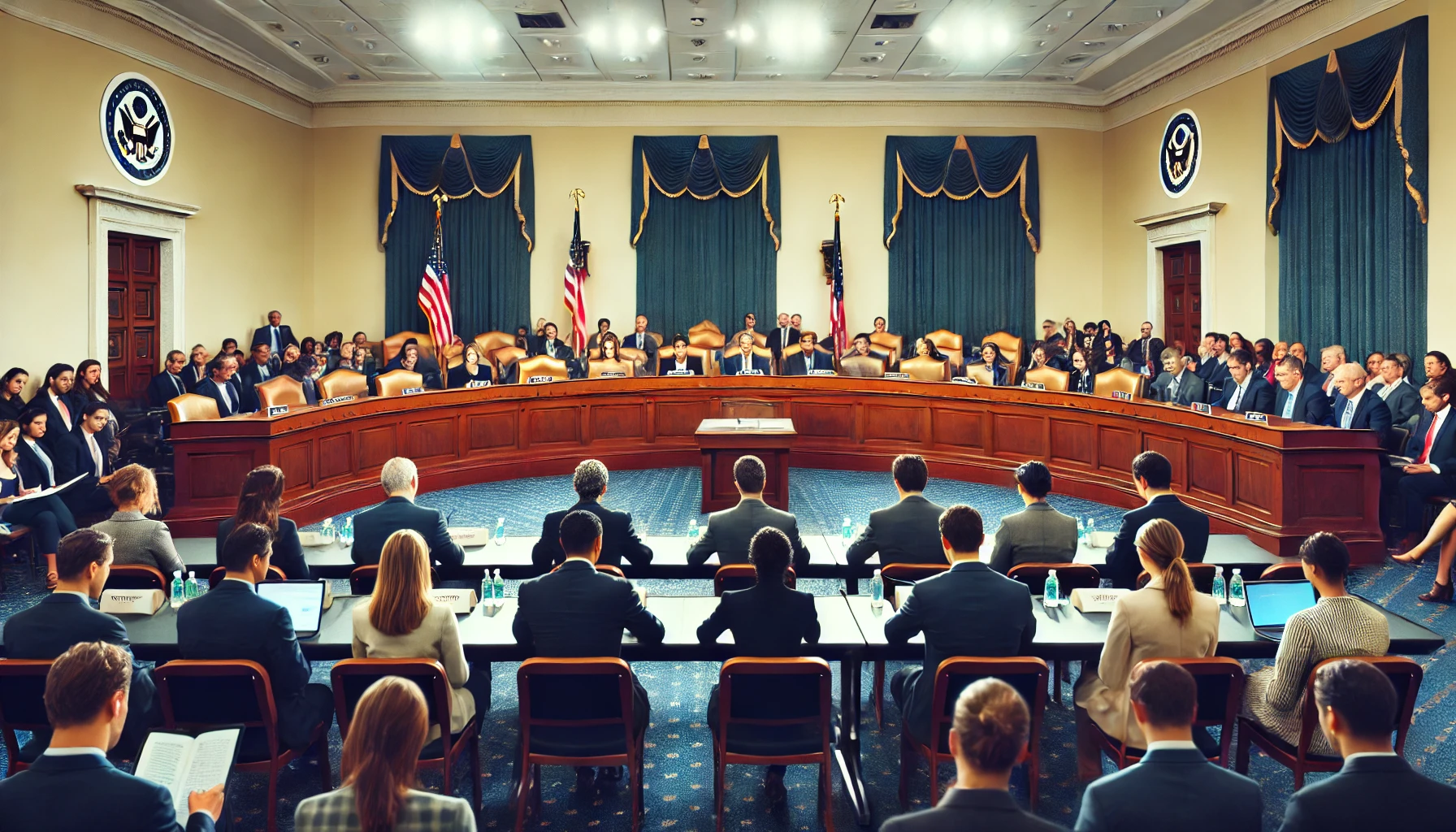The Stanford Internet Observatory (SIO) is a key research group at Stanford University that focuses on understanding the misuse of social media platforms. Founded in 2019, SIO addresses significant issues such as child exploitation online and the spread of misinformation about elections and vaccines. The observatory aims to analyze real-time data, develop educational programs, and translate research into public policy innovations.
Recent Leadership Changes
Recently, SIO has faced considerable challenges. Alex Stamos, the founding director, left his position in November 2023. Subsequently, Stanford University did not renew the contract for Renée DiResta, the research manager, and other staff members. The remaining staff have been advised to seek other job opportunities, casting uncertainty over SIO’s future.
Political and Legal Challenges
In the past year, SIO’s work has come under intense scrutiny from Republicans, who allege that the research amounts to censorship. This political pressure has resulted in lawsuits, congressional inquiries, and online harassment directed at SIO researchers. Notably, the Election Integrity Partnership, a project by SIO and the University of Washington, became a target for conspiracy theories claiming it was a front for government censorship.

Impact on Research and Funding
The ongoing political attacks have had a significant financial impact, with millions of dollars spent on legal fees and substantial time devoted to responding to inquiries and lawsuits. This has distracted researchers from their core work and made fundraising increasingly difficult. As a result, the observatory has struggled to maintain its operations in a hostile political climate.
Continued Efforts and Resilience
Despite these challenges, Stanford University asserts that SIO’s critical work continues under new leadership. The observatory remains committed to addressing online harms, publishing the Journal of Online Trust and Safety, and organizing the annual Trust and Safety Research Conference. This conference aims to advance research in trust and safety, bringing together experts from various fields to foster interdisciplinary collaboration.
Future Outlook
The future of SIO is uncertain, but its researchers remain determined to continue their work. Alex Stamos and Renée DiResta have defended their research, emphasizing its importance for democracy and public safety. They hope that Stanford will continue to support the observatory and its mission to investigate the misuse of the internet.
This article is based on the following article and sources:
https://cyber.fsi.stanford.edu/io/about
https://cyber.fsi.stanford.edu

Background Information
Overview of the Stanford Internet Observatory (SIO)
The Stanford Internet Observatory (SIO) is a research initiative at Stanford University that focuses on studying the misuse and abuse of the internet, particularly social media platforms. It was established in 2019 as part of the Cyber Policy Center, a joint initiative of the Freeman Spogli Institute for International Studies and Stanford Law School (FSI Cyber Policy Center) (FSI Cyber Policy Center). The observatory’s mission is to understand how internet technologies impact society and to develop policies and educational programs to mitigate negative effects (FSI Cyber Policy Center).
Key Areas of Research
- Misinformation and Disinformation:
- SIO investigates how false information spreads on social media and its impact on public opinion and democratic processes. This includes studying misinformation related to elections, public health, and other critical areas (FSI Cyber Policy Center) (Inside Higher Ed).
- Child Exploitation:
- The observatory examines how social media platforms are used for child exploitation and works on improving reporting and intervention systems. This includes collaborating with law enforcement and tech companies to develop better practices for detecting and preventing abuse (FSI Cyber Policy Center).
- Social Media Manipulation:
- Researchers at SIO analyze how social media can be manipulated by various actors, including governments and private entities, to influence public discourse and behavior. This research is crucial for understanding the broader implications of social media on society (FSI Cyber Policy Center).
Recent Challenges
- Political Scrutiny:
- In recent years, SIO has faced significant political scrutiny, particularly from Republican lawmakers who accuse the observatory of engaging in censorship. This scrutiny has led to legal challenges, congressional inquiries, and public attacks on SIO researchers (Stanford Law School Conferences) (Inside Higher Ed).
- Leadership Changes:
- The departure of key leaders such as Alex Stamos, the founding director, and Renée DiResta, the research manager, has created uncertainty about the future of SIO. The remaining staff have been advised to seek other employment, indicating potential downsizing or restructuring of the observatory (FSI Cyber Policy Center).
- Legal and Financial Strain:
- The political attacks have resulted in numerous lawsuits and congressional subpoenas, causing significant legal expenses and diverting resources from core research activities. This has made it challenging for SIO to secure funding and continue its operations effectively (Inside Higher Ed).
Efforts to Continue Research
Despite these challenges, Stanford University has affirmed its commitment to the observatory’s mission. SIO continues to host the annual Trust and Safety Research Conference, which brings together experts from various fields to discuss and advance research on online trust and safety (FSI Cyber Policy Center) (FSI Cyber Policy Center). The observatory also publishes the Journal of Online Trust and Safety, which disseminates research findings and policy recommendations related to the safe and ethical use of digital technologies (FSI Cyber Policy Center) (Stanford Law School Conferences).
Importance of Understanding Misinformation
- Impact on Democracy:
- Misinformation can significantly impact democratic processes by misleading voters and undermining public trust in institutions. Understanding how misinformation spreads and how to counter it is crucial for maintaining the integrity of elections and other democratic activities (FSI Cyber Policy Center) (Inside Higher Ed).
- Public Health:
- During the COVID-19 pandemic, misinformation about the virus and vaccines posed a major public health challenge. Research by institutions like SIO helps to identify and combat false information, promoting informed decision-making and public safety (FSI Cyber Policy Center) (Inside Higher Ed).
- Educational Value:
Educating the public about the dangers of misinformation and how to critically evaluate online information is essential. SIO’s work contributes to developing educational programs and resources that help individuals become more discerning consumers of information (FSI Cyber Policy Center) (Inside Higher Ed).

Debate/Essay Questions
- Is political scrutiny of academic research on misinformation justified, or does it undermine academic freedom?
- Does the current political climate pose a significant threat to the integrity of research on misinformation and online safety?
- What are the potential long-term consequences for democracy and public trust if misinformation research is significantly hindered or shut down?
Please subscribe to Insight Fortnight, our biweekly newsletter!
